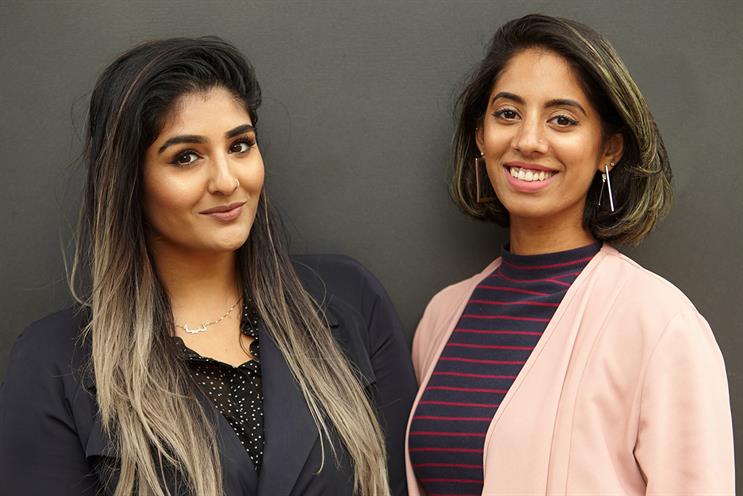"Have you ever thought about running a jobs board through The Other Box?"
If we had a tenner for every time someone asked us that, we could very well do away with a business plan altogether.
The short answer is: yes we have.
The longer answer is: yes we have, and we’ve decided against it for now.
Here’s why.
I’ve written before about the many ways in which . It wore me down, made me seriously question my own creative capabilities, and that had a knock-on effect on my mental health. It stopped me putting myself forward for jobs I could breeze through, which my bank balance wasn’t too pleased about either.
Most agencies I’ve worked at have not been safe places for creative women of colour. One particular agency, where I freelanced regularly for two years and even took on a short-term contract with, managed to hire approximately six white men in the space of three months, while waving goodbye the one person of colour (a man) on the creative team. The only other woman of colour in their studio was, you guessed it, a temp studio assistant, answering phones and making the coffees.
At no point did they question why, or whether this was okay. In fact, when I brought it up with the strategy director, suggesting better diversity could lead to better work, his response was: "Yes, better diversity… yes, we should have people from different teams in the workshops and brainstorms, that would bring diversity to the table." Bear in mind these teams were overwhelmingly white. He was oblivious. I’ve been in enough agencies as a freelancer to see that this isn’t an exception, it’s the norm.
Since starting The Other Box, we’ve nurtured a community of people of colour who have at some point felt like they don’t belong in an industry like ours.
We hear horrific stories every day from people in our community at all levels, whether just starting out, mid-level or senior and above, of having to deal with micro-aggressions, racism, sexism, ableism and other levels of structural oppression in the workplace. In some cases, organisations have proven themselves to be downright racist before a person of colour even enters their offices, through racist recruitment practices. And I do mean racist. There’s no other word for it. So while there’s plenty of industry chat around wanting better diversity and inclusion, we see evidence every day that it is still just that. Chat.
Our stories matter
We’re protective of the people in our community, because we want them to feel empowered, not disheartened or disillusioned. Advertising jobs for organisations without knowing whether that organisation’s processes and culture are designed to be inclusive puts people at risk. We’re not down with that.
But we’re also not just sitting back and washing our hands of the situation. We all need jobs, after all. We all deserve to be well paid for doing what we love. Our creativity deserves to be nurtured and supported. Our stories matter.
That’s why we designed our Know Your Bias workshops, to help create more inclusive workplace cultures. We were uninspired by the unconscious bias snooze-fest PowerPoint decks serenading as groundbreaking training, run invariably run by white people. So we combined our lived experience with what I was learning in my MA in Culture, Diaspora, Ethnicity at Birkbeck and created something more impactful that looks into the deep-rooted structural reasons for inequality and lack of diversity.
Being accountable and addressing bias
In our workshops, we get people out of their seats, challenging each other, having the difficult conversations they’d normally avoid at work and being accountable for behaviours and actions. We take head-on the histories of racism, classism, sexism, homophobia, privilege and all the other prejudices of which we like to think we’re free. But we also create an open, judgement-free zone for these discussions to happen, so there’s no fear of offending or being sent straight to the HR naughty step. Rather, we place emphasis on empathy and storytelling – on understanding the day-to-day experiences of those less like us.
It’s everyone’s responsibility within an organisation to be more inclusive. Not just the head of talent, or the recently appointed D&I department, or the self-selected inclusion committee. Until the decision-makers in the industry realise this – and properly invest in it – very little will change.
And until then, we won’t share jobs with our community unless we know that organisation has done our training, or proves in some other way that it is genuinely committed to the type of inclusion that is more than just box-ticking, quota-filling or a marketing exercise.
Roshni Goyate (pictured above right) is co-founder of The Other Box. The Other Box is running its first open workshop on Know Your Bias on 1 August.


